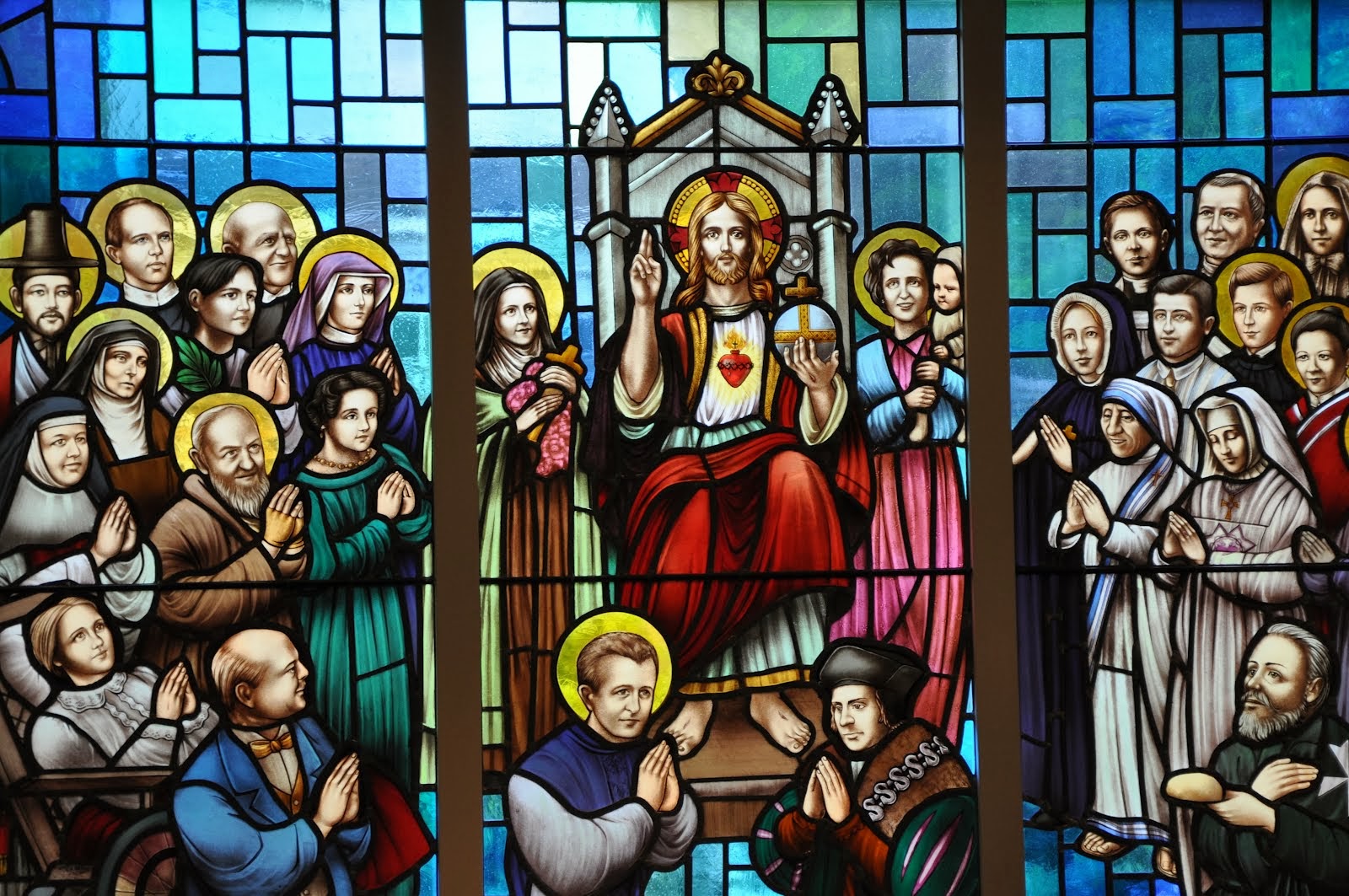
“So it falls out that in this world, in evil days like these, the Church walks onward like a wayfarer stricken by the world’s hostility, but comforted by the mercy of God. Nor does this state of affairs date only from the days of Christ’s and His Apostles’ presence on earth. It was never any different from the days when the first just man, Abel, was slain by his ungodly brother. So it shall be until this world is no more.” St. Augustine of Hippo (4th-5th centuries, Doctor of the Church)
“Nor can any degree of cruelty destroy the religion that is founded on the mystery of Christ’s cross. Persecution does not diminish but increase the Church, and the Lord’s field is clothed with an ever-richer crop, while the grains, which fall singly, spring up and are multiplied a hundredfold.” Pope St. Leo the Great (5th century, Doctor of the Church)
“The Church is the temple of God, a sacred space, a house of prayer, the convocation of people, the Body of Christ…. She is Heaven on earth where the transcendent God dwells as if in His own home and passes through, but she is also an impression made of the Crucifixion, the tomb and the Resurrection…. The Church is God’s house in which the life-giving mystical sacrifice is celebrated, at the same time the most intimate part of the shrine and sacred grotto. Within her in fact the sepulchre and the table are found, nourishment for the soul and a guarantee of life. In her, lastly, are found those true and proper precious pearls which are the divine dogmas of teaching that the Lord offered directly to His disciples” St. Germanus of Constantinople (7th-8th centuries)
“I have one word more, worth taking to heart…Heretics are called heretics, because they pick and choose at will which of the articles of the faith they decide are deserving of belief, and dismiss or deny others. Catholics are Catholics, because they accept unchoosingly, unreservedly and with equal firmness, everything which the Church proposes for belief.” St. Francis de Sales (16th-17th centuries, Doctor of the Church)
“The Church aims, not at making a show, but at doing a work. She regards this world, and all that is in it, as a mere shadow, as dust and ashes, compared with the value of one single soul.” St. John Henry Newman (19th century)
“[Christ] planted in the human race the little grain of mustard seed, which was destined to grow and to shelter all generations – namely, the Church, which continues always Her slow and painful growth, and will last until the end of the world.” Servant of God Elisabeth Leseur (19th-20th centuries)
“’Serviam!’ – ‘I will serve!’ That cry is your determination to serve the Church of God faithfully, even at the cost of fortune, of honor and of life.” St. Josemaria Escriva (10th-20th centuries)
“Fundamentalism assumes that the Bible is fundamental. Catholicism retorts…that the Bible is not a book but a collection of books, and hence the question more fundamental than Fundamentalism is: Who gathered the books together, and declared that they would constitute a Bible, and be regarded as the revealed Word of God? To answer this question is to get to a body beyond a book, namely, a Church with a spirit for Pentecost was not the descent of books on the heads of the Apostles but the descent of tongues. From that day on it was to be a tongue and a voice, and not a book, that would be fundamental in religion.” Ven. Fulton Sheen (19th-20th centuries)
“In the midst of the problems, disappointments and hopes, desertions and returns of these times of ours, the Church remains faithful to the mystery of her birth. While it is an historical fact that the Church came forth from the Upper Room on the day of Pentecost, in a certain sense one can say that she has never left it. Spiritually the event of Pentecost does not belong only to the past: the Church is always in the Upper Room that she bears in her heart.” Pope St. John Paul II (20th-21st centuries)
“Do not be surprised when you see people seeking to destroy the Church. They would like to kill Christ again, but since they cannot do so, they seek to destroy the Church, His Mystical Body.” Ven. Francis Xavier Nguyen Van Thuan (20th-21st centuries)
